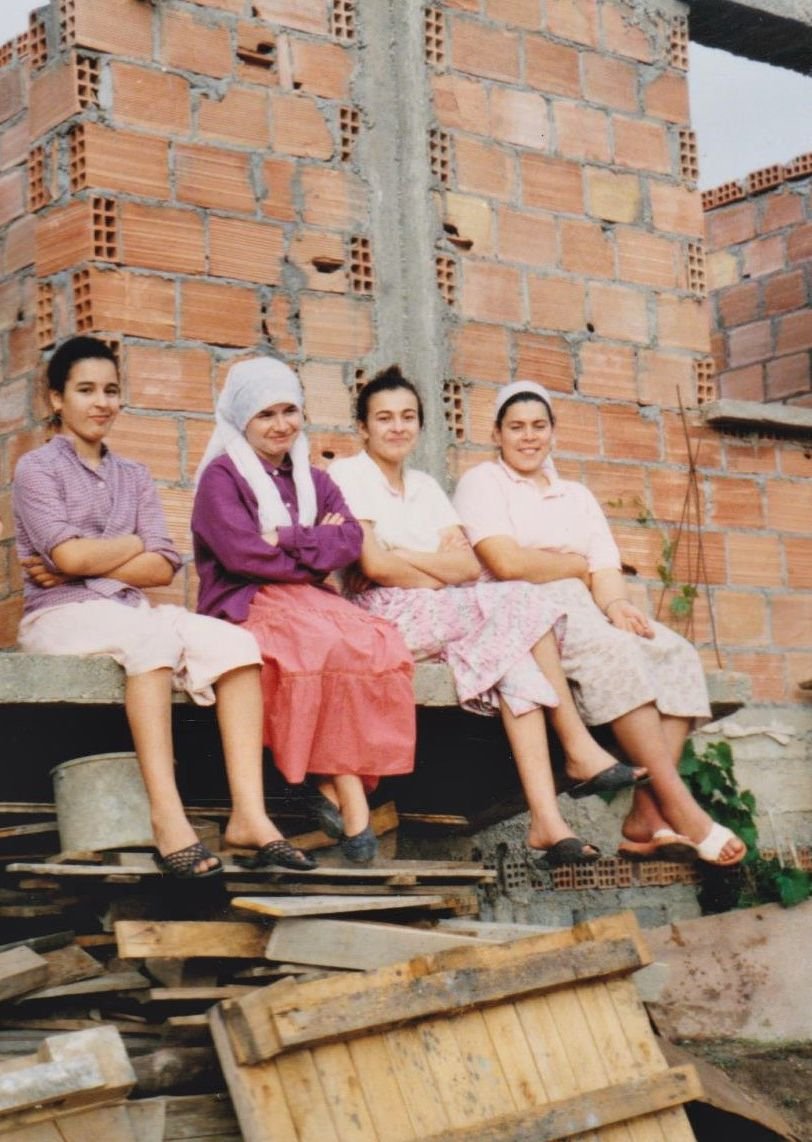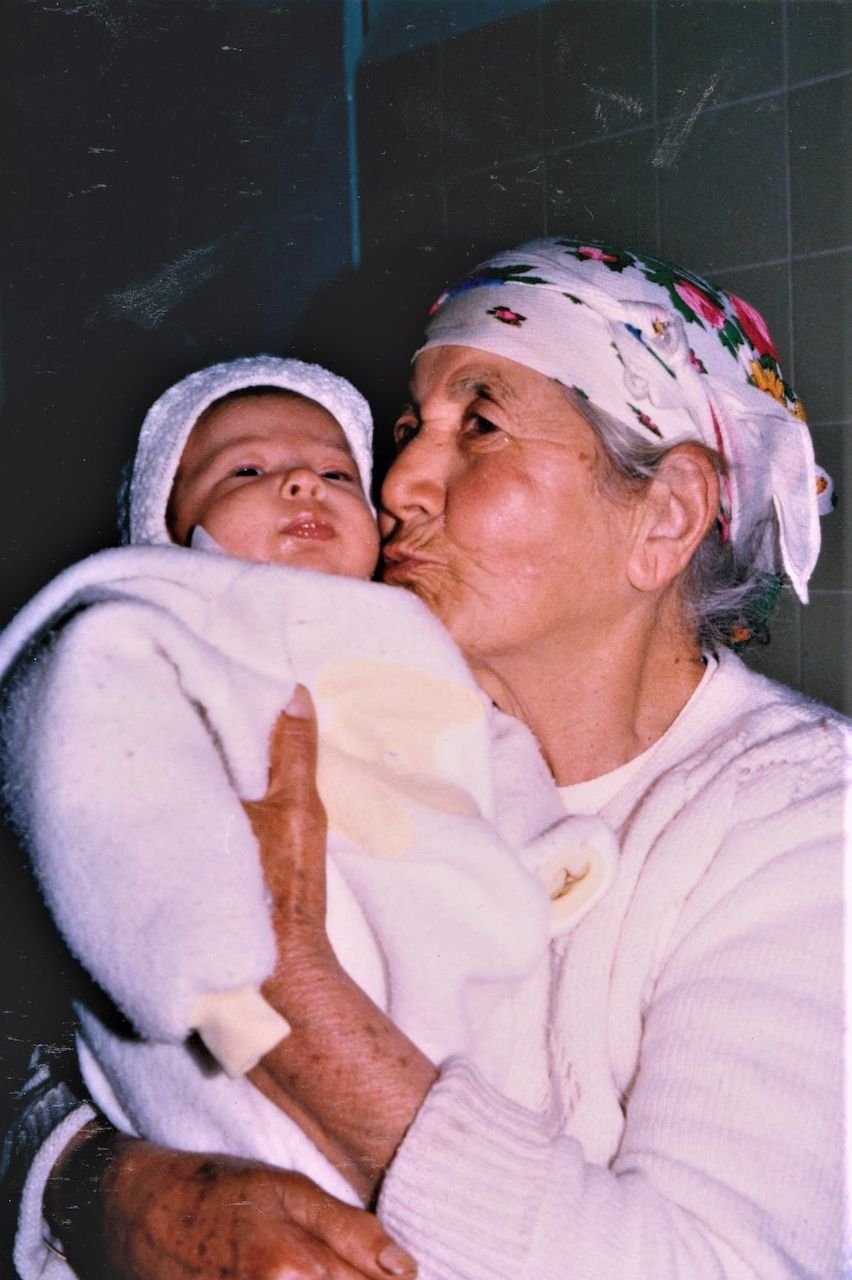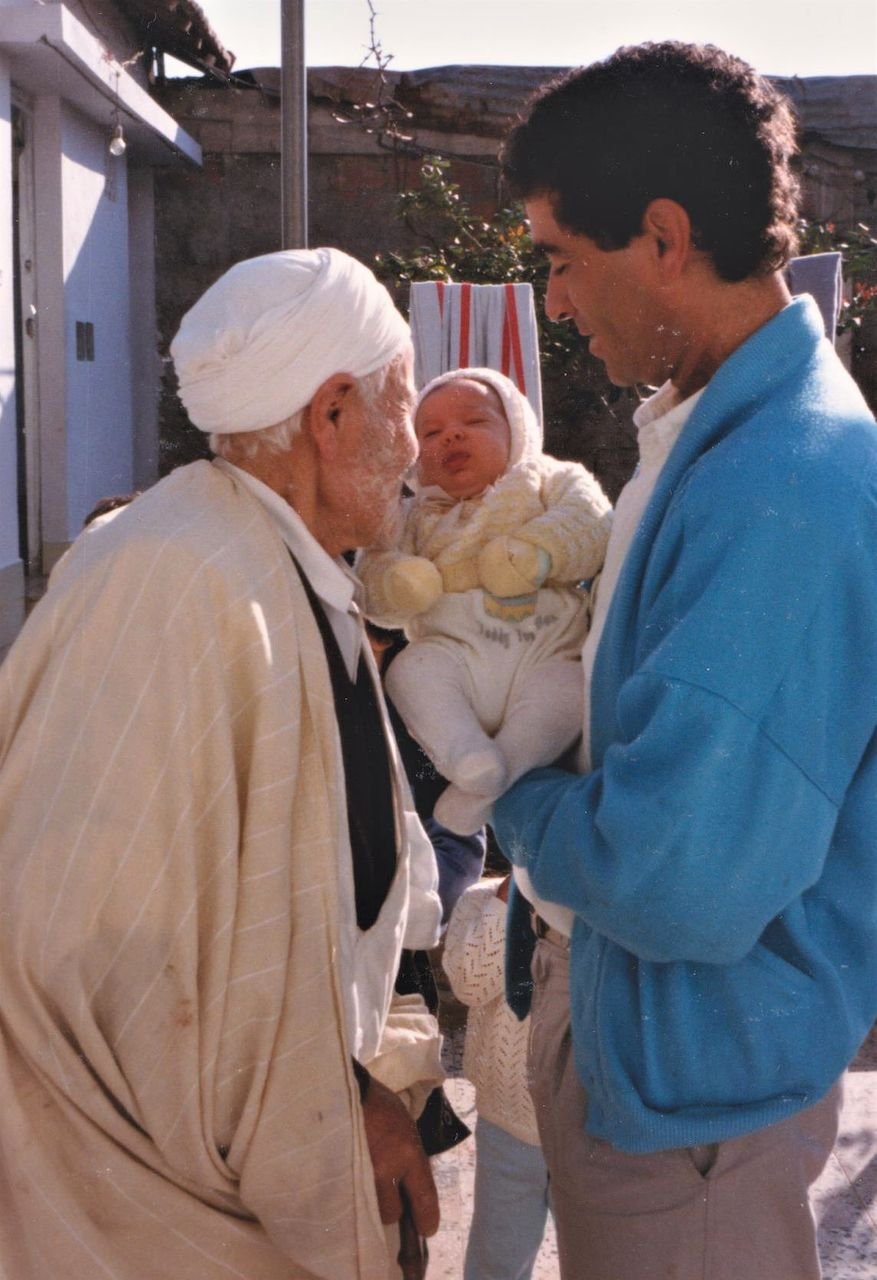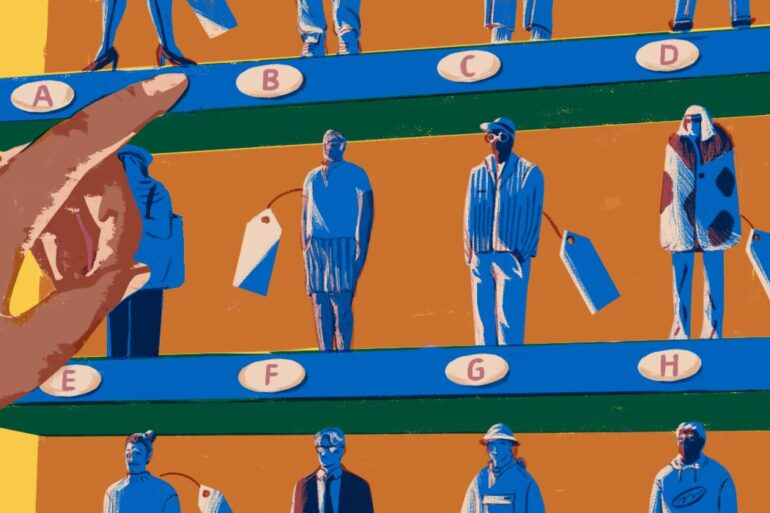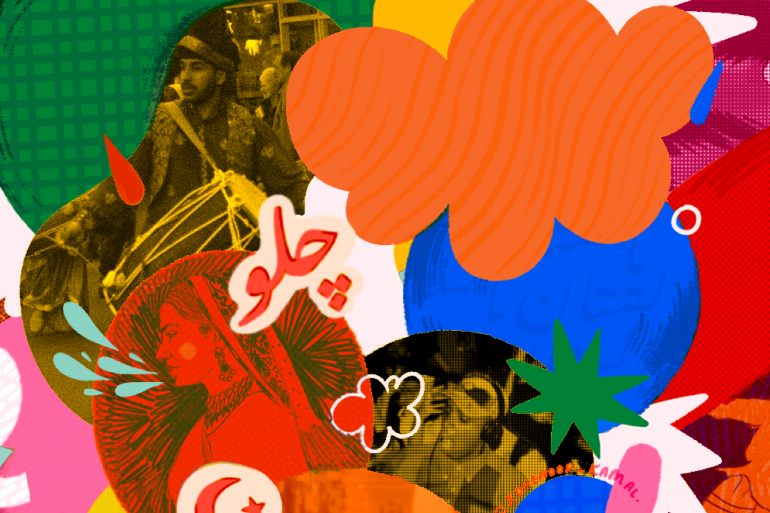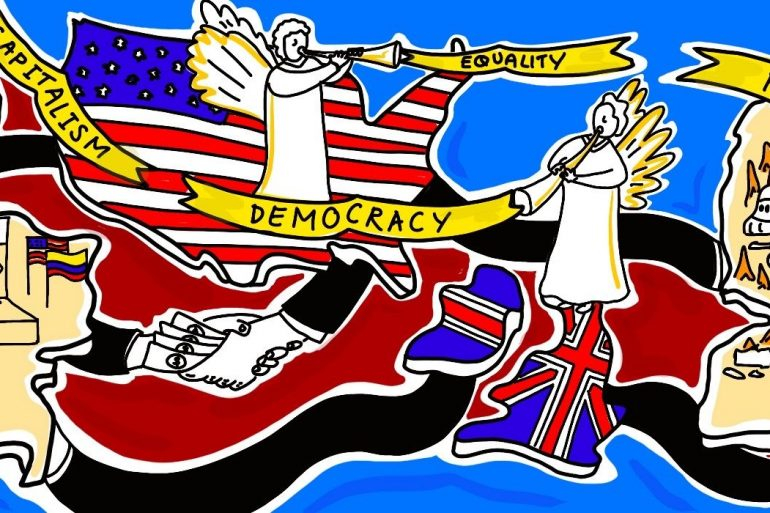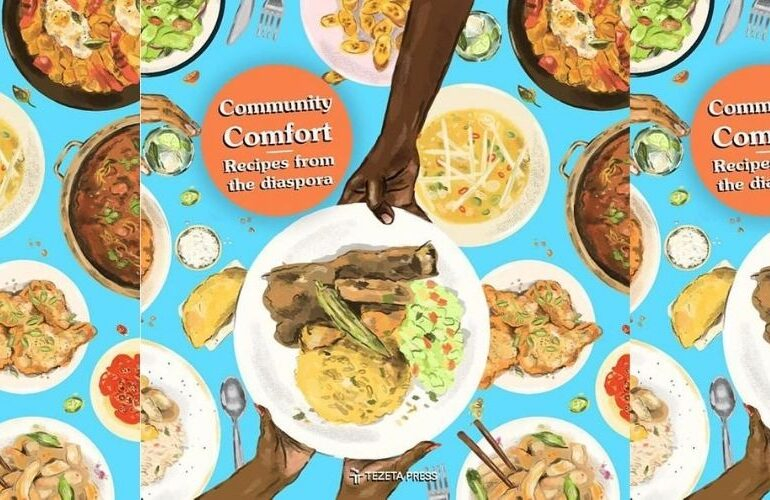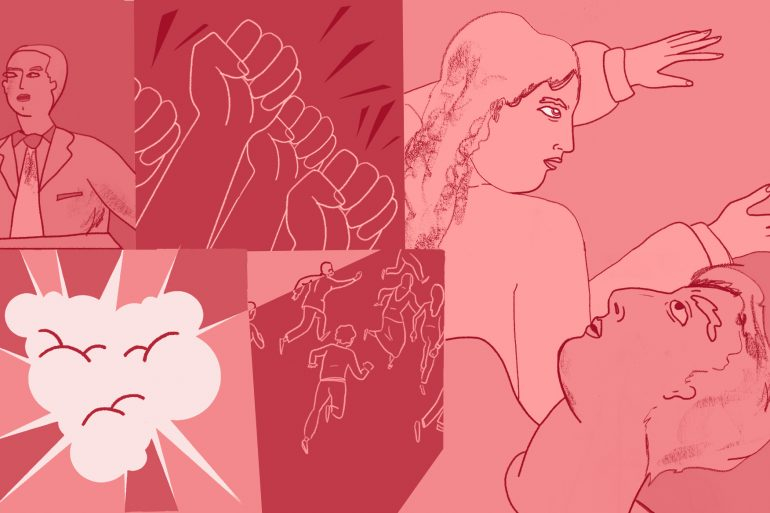In January this year, Emmanuel Macron’s office announced that there will be “no repentance nor apologies” for colonial abuses in Algeria. A few weeks after this, I discovered that one of these abuses was forcibly changing Algerians’ surnames – including my family’s.
Growing up, my name – Leila Gamaz – made me feel like a fraud. I couldn’t speak Arabic and it reminded me of a country and family I’d seen mainly through photographs: date palms, farmland, and blurred faces veiled in headscarves. I’d always known that Leila means ‘daughter of the night’ in Arabic, but what about Gamaz?

I was unable to visit Algeria until I was 14. A civil war broke out after the Algerian military staged a coup to prevent the Islamic Salvation Front from winning the elections. Finally able to visit after the 11 year war ended in 2003, I was excited to ask my family members about our surname. However, I was met with shrugs. It was only when speaking to my dad about it again recently that he revealed that it isn’t actually our name.
The French took full control of Algeria in 1875 after 45 years of resistance and the death of over 825,000 Algerians. Once in power, they began asserting control over the population by stealing land, depriving Algerians of their rights and through the ongoing use of violence such as torture and rape. There was also a systematic repression of Algerian culture. An early example of this is The Civil Status Law of 1882 which allowed authorities to force surnames on Algerians arbitrarily. They were in Darja (Algerian dialect), and often chosen with the intention of causing shame and embarrassment. My dad recalls friends with surnames like ‘donkey’s arse’, ‘smelly feet’, and ‘magazine’.
The naming system prior to the occupation took the traditional Arab form – a long chain of names linking you to people, places, a nickname, and the Laquab, which indicates the qualities of the person. How this is expressed varies – for example, the Egyptian singer Fatima Ibrahim es-Sayyid el-Beltagi (which translates as Fatima Ibrahim descendent of Prophet Mohammed from Beltagit) is known mainly by her nickname Umm Kulthum, mother of Kulthum.
Gamaz, in dialect, means ‘to wink’. My dad felt shame about it at school, avoiding saying it aloud wherever possible. Arabic names are traditionally associated with favourable words and honourable qualities, so his classmates and teachers would humiliate him for having such a mundane and silly surname. When he lived in Paris, the reverse was true – he avoided using his Arab first name in an attempt to hide his Algerian identity and instead opted to use the European-sounding Gamaz. Like many young men, he left an economically-depressed Algeria after a resistance movement gained traction in 1954 and won Algeria its freedom in 1962, but only after a war that killed approximately 1 million Algerians. Using Gamaz however didn’t spare him from everyday racism, and after a number of violent attacks he was forced to leave.
I think about how different our lives would be if my dad stayed in France, where many of the 1.7 million Algerians live in poor housing and face chronic problems accessing education and employment. There have also been ongoing attempts to attack Islam, a strategy labelled as a ‘front for racism’ towards the Maghreb population from North West Africa. This has manifested in controls over Muslim women’s bodies, from banning mothers wearing the veil when volunteering on school trips to banning women from wearing burkinis and being forced to remove them on beaches by armed police.
In 2017, Macron called France’s colonial past ‘a crime against humanity’, a sentiment which was later described as merely a campaign tactic to “appeal to the segment of French voters with Maghreb origins”. However, polls following these comments instead caused Macron to lose his leading position at the time, indicative of the opinions held by many in France.
Macron has gone further than any president in his attempts to reconcile what took place in Algeria. He returned the skulls of 24 freedom fighters, and following his January declaration, commissioned a report to assess “the progress made by France on the memory of the colonisation of Algeria and the Algerian war”. The report makes largely symbolic suggestions, such as the return of a stolen sword belonging to 19th century resistance fighter Emir Abdelkader, and has been described as a “whitewash“ by journalist Nabila Ramdani. It does however suggest the part-recovery of colonial archives – official records and documents containing the history of the 132 year subjugation as well as maps, books, and artifacts that were stolen and pre-date the occupation. France has refused to concede to repeated demands of the archives to date, so we have yet to see whether this will be enacted – and even then it won’t be the whole archive.
Whatever the outcome of the report, we have lost a connection to our ancestors and ownership of our story. Cultures become diluted when they are intentionally fragmented in this way. The messiness of war and poverty during and after the occupation also contribute towards this. When travelling with my grandmother recently, I noticed she had a different name on her passport. She was delivered at home by her grandmother and my family decided she would take on the identity of a sister who’d died some years before, Houria, avoiding an arduous journey by donkey and the cost of registering the birth – another colonial imposition. She still doesn’t know when she was born.
There are so many questions in our family history and I can become fixated on finding answers, though the gaps say so much in themselves. Perhaps this is why I feel compelled to write – I want to create narratives from the fragments we do have and set them down before they’re lost forever.
So far my dad and I have been unsuccessful in our attempts to find these lost names. Besides, it seems we’re the only ones in the family eager to do so. My grandfather looks weary when we mention it, and talks of the bureaucracy involved in searching. Sometimes I feel that the questions I raise open conversations that bring healing to our family, but other times I wonder whether I’m resurfacing traumas they would rather forget.
Some Algerians have changed their surnames, though it’s an arduous process that can take up to 10 years. It also moves people one step further away from those they’ve shared the same name with for the past 150 years. It’s for this reason that I’m reluctant to let go of Gamaz.
Names are traditionally given and I think about asking my family to choose a nickname for me, honouring the lives of a parallel family that ceased to exist after 1882. I want to feel a sense of control over our narrative, but is this merely another symbolic act? The commissioning of a report, while positive, could be a similarly empty gesture. Furthermore, while this report remains under the jurisdiction of those in France, it cannot escape reinforcing a paternalistic relationship to Algeria. The partial return of colonial archives will also still leave gaps, which can only be filled by its recovery in full. This alone would allow Algerians to piece together their stolen history – and who knows, I may even find my surname.
